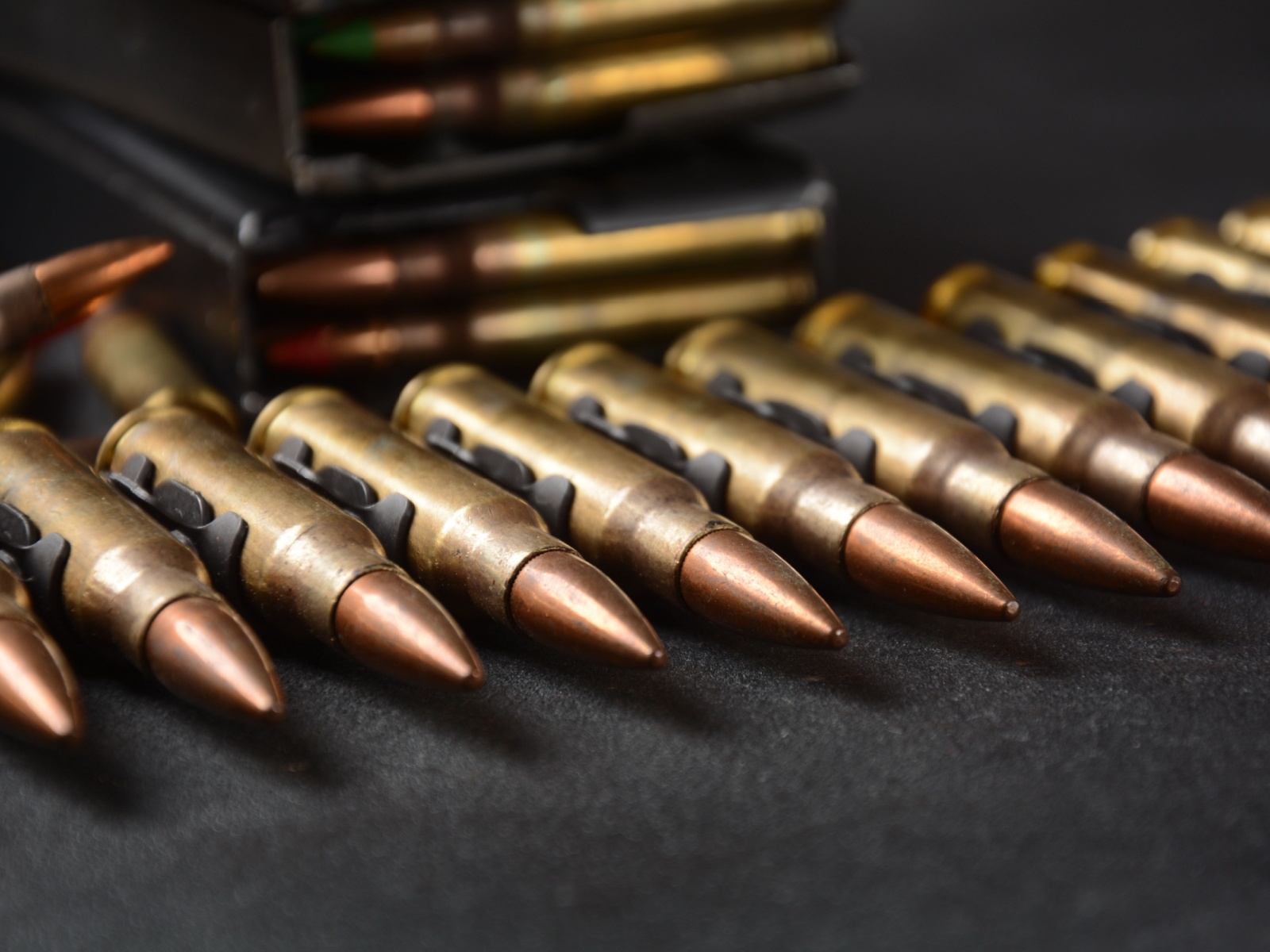NIJ 0125 Explosive Ordnance Blast Fragmentation Testing
The National Institute of Justice (NIJ) 0125 standard is a comprehensive guideline for testing the blast fragmentation performance of explosive ordnance. This test ensures that the design and materials used in the ordnance can withstand and mitigate the effects of blast fragmentation, which is critical for safety, effectiveness, and compliance with regulatory standards.
The NIJ 0125 standard specifies a series of tests aimed at evaluating the blast fragmentation resistance of explosive devices. These tests are essential to ensure that the ordnance does not pose an unreasonable risk in operational environments. The testing parameters include pressure, duration, and volume, which are carefully controlled to simulate real-world conditions. Compliance with this standard is crucial for manufacturers and suppliers involved in the design and production of these critical components.
The primary apparatus used in this test includes high-pressure vessels capable of simulating blast fragmentation events. Specimen preparation involves selecting representative samples that reflect the intended use of the ordnance. After testing, detailed reports are generated to document the performance characteristics under specific conditions. These reports serve as a crucial reference for quality assurance and continuous improvement efforts.
The test procedure is designed to be rigorous yet practical, ensuring that it accurately reflects real-world scenarios. The fragmentation pattern, energy distribution, and structural integrity of the ordnance are all carefully assessed during testing. Compliance with NIJ 0125 ensures that the ordnance meets stringent safety standards, which is vital for protecting personnel and equipment in high-risk environments.
Testing according to this standard involves several key steps: initial setup, specimen preparation, application of blast fragmentation conditions, data collection, and final analysis. Each step requires meticulous attention to detail to ensure accurate results. The apparatus used includes specialized chambers capable of simulating various pressure levels and durations. Specimen preparation ensures that the ordnance is representative of actual field use.
The testing process is critical for ensuring compliance with regulatory standards and safety requirements. By adhering to this standard, manufacturers can demonstrate their commitment to quality and reliability, which is essential in a sector where public safety is paramount. Compliance not only enhances product reputation but also ensures that ordnance meets the stringent requirements set by government agencies.
The NIJ 0125 test provides invaluable insights into the performance characteristics of explosive ordnance under blast fragmentation conditions. This information is crucial for continuous improvement and innovation in design and materials science. By understanding how the ordnance behaves under specific conditions, manufacturers can identify areas for enhancement and refine their products accordingly.
Quality assurance is a cornerstone of our testing services. We employ state-of-the-art equipment and adhere to international standards such as ISO 9001:2015 to ensure consistent and reliable results. Our team of experts ensures that every test adheres strictly to the NIJ 0125 criteria, providing accurate and actionable data for your product development.
Quality and Reliability Assurance
- Compliance with International Standards: We adhere to strict compliance with ISO 9001:2015, ensuring that every test is conducted under controlled conditions.
- Advanced Equipment: Utilizing cutting-edge technology and equipment guarantees accurate data collection and reliable results.
Our commitment to quality extends beyond mere compliance; we ensure that all tests are conducted with precision and care. Our team of experts employs rigorous methodologies, ensuring that every test adheres strictly to the NIJ 0125 criteria. This level of scrutiny guarantees accurate and actionable data for your product development.
Our advanced equipment allows us to provide precise results, which is essential for compliance with regulatory standards and safety requirements. By leveraging these resources, we can ensure that our tests are not only reliable but also representative of real-world conditions.
Customer Impact and Satisfaction
- Informed Decision-Making: Accurate test results empower you to make informed decisions about your product design and development.
- Enhanced Reputation: Compliance with regulatory standards enhances the reputation of your products, leading to increased market acceptance.
The impact of our testing services extends far beyond compliance; it directly influences customer satisfaction. By providing accurate and reliable data, we enable you to make informed decisions about product design and development. This not only enhances your reputation but also ensures that your products meet the highest standards of quality and reliability.
Our tests are designed to provide actionable insights that can be used to improve product performance and safety. Compliance with regulatory standards is crucial for protecting personnel and equipment in high-risk environments, ensuring public safety and confidence in your brand.
Environmental and Sustainability Contributions
The testing services we offer contribute positively to the environment by helping manufacturers design products that are not only safe but also sustainable. By adhering to strict standards such as ISO 9001:2015, we ensure that our processes are efficient and minimize waste. Our commitment to sustainability is further reflected in our use of advanced equipment and methodologies that reduce energy consumption.
Our services play a crucial role in promoting environmental stewardship by ensuring that products meet the highest standards of safety and reliability. By complying with regulatory standards, we help manufacturers design products that are not only safe but also environmentally friendly. This commitment to sustainability ensures that our testing services contribute positively to the environment while enhancing product performance and safety.





